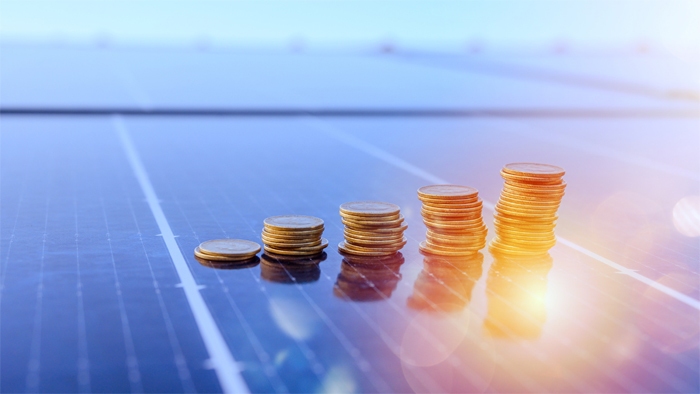(3 minutes read)
South Africa unveiled new tax incentives to encourage investment in the generation of clean power to address the power crisis and combat emissions. The country, depending mostly on thermal power for its energy requirements, has the highest level of emissions in Africa
South Africa unveiled new tax incentives to encourage investment in the generation of clean power to address the power crisis and combat emissions. The country, depending mostly on thermal power for its energy requirements, has the highest level of emissions in Africa.
The country’s finance minister, in the recent budget presented in Parliament recently, granted a weighted deduction for expenses incurred under switching over to clean energy. From March 1 onwards, businesses will be able to reduce their taxable income by 125 percent of the cost of an investment in renewables.
Announcing this in Parliament, Finance Minister Enoch Godongwana hoped the incentive could motivate businesses to switch over to clean energy. Importantly, South Africa has proposed heavy investments in clean energy leveraging the support it is receiving from various developed countries and multilateral funding agencies’ assistance. To motivate the households, the finance minister has extended incentives to individuals who install rooftop solar panels to reduce pressure on the grid. A major reason for the power crisis in the country is under-investment in the sector, poor maintenance, and over aging of the power plants.
President Cyril Ramaphosa, earlier this month, announced a national state of disaster and the appointment of an electricity minister to help intensify the response to the crisis. South Africa has suffered blackouts over the past decade but more recently they have become acute. The state power utility -Eskom has incurred huge losses. Last year, the government had absorbed more than half of Eskom’s debt pile of 400 billion rands (US$22 billion).
Read Also:
https://trendsnafrica.com/zero-emissions-mini-excavator-launched-in-south-africa/
https://trendsnafrica.com/south-african-roof-top-solar-systems-get-greenlight-to-sell-excess-power/
https://trendsnafrica.com/national-disaster-in-south-africa/
Expenditure on electricity is one of the reasons for the ballooning national debt of the country. The national debt is expected to touch 5.84 trillion rands or 73.6 percent of GDP in the next three years. Servicing the debt will cost around 336 billion rands this year itself. South Africa experienced a record 207 days of power outages last year (2022) alone as against 75 days in 2021.





